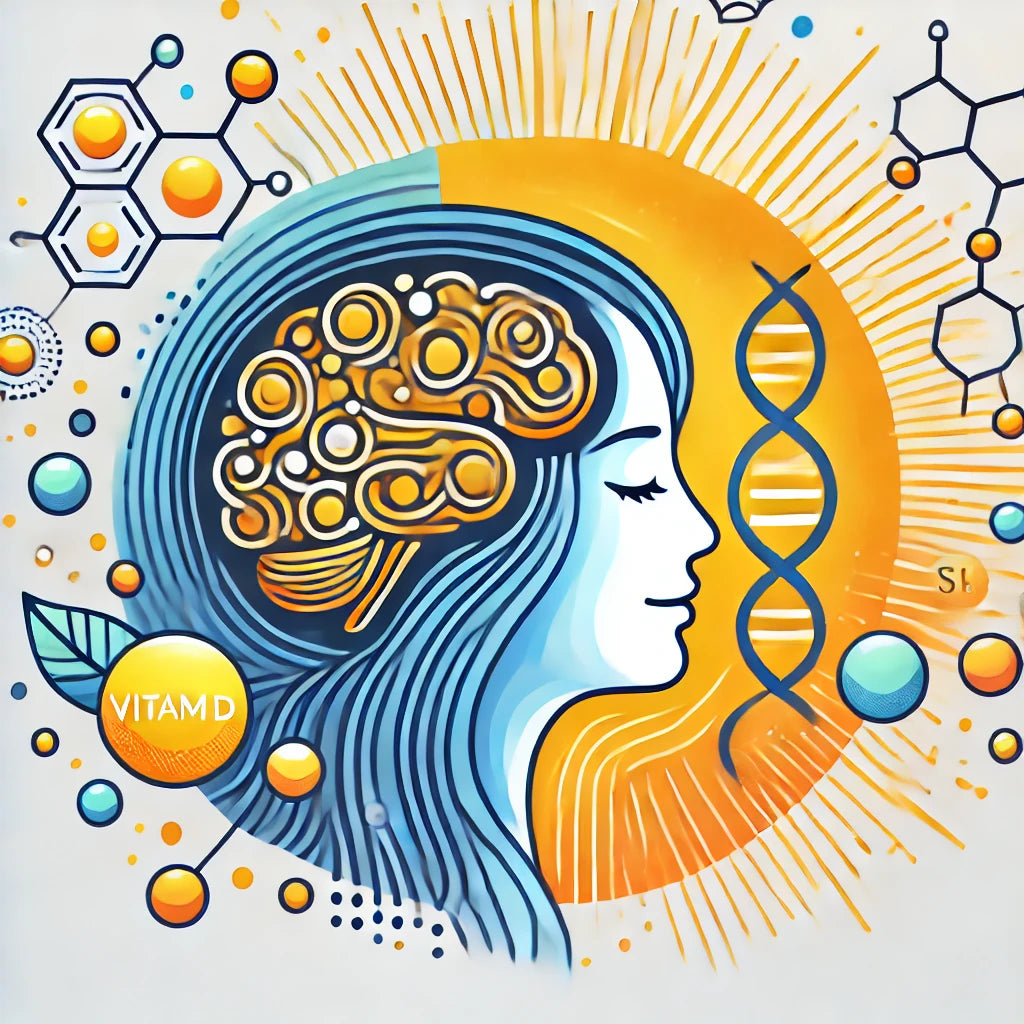News — seasonal affective disorder
Seasonal Affective Disorder: Symptoms, Causes & Effective Treatments
bright light therapy circadian rhythm depression lifestyle tips light therapy melatonin mental health mental wellness mood support natural remedies SAD seasonal affective disorder seasonal mood disorder serotonin summer SAD supplements for SAD symptoms of SAD therapy for SAD vitamin D winter blues winter depression
Have you ever noticed your mood taking a dip as the days grow shorter and winter sets in? For many, this is more than just a case of the winter blues—it’s a real medical condition called Seasonal Affective Disorder (SAD). Millions of people worldwide experience SAD each year, but with the right knowledge and strategies, it's possible to manage symptoms and feel better all year long.
In this guide, we’ll explore the key symptoms of Seasonal Affective Disorder, dig into the root causes behind it, and outline effective treatment options that can help restore balance and happiness even during the darkest months. Whether you or someone you know is struggling with SAD, understanding the condition is the first step to regaining a brighter outlook.
Sunshine and Serotonin: The Connection Between Vitamin D and Mood
boost serotonin naturally depression happy brain mental health mental wellness mood seasonal affective disorder serotonin serotonin and mood sunlight and mood sunlight benefits sunshine vitamin vitamin D vitamin D deficiency vitamin D for depression vitamin D supplements
Have you ever noticed that your mood improves on a sunny day? There’s a scientific reason behind this, and it involves vitamin D. Known as the "sunshine vitamin," vitamin D is produced in the skin when exposed to sunlight and plays a crucial role in maintaining physical health. However, what many people don’t realize is that it also has a profound impact on mental well-being. Numerous studies have linked vitamin D deficiency to mood disorders such as depression, anxiety, and seasonal affective disorder (SAD).
Vitamin D influences the production of serotonin, the brain's "feel-good" chemical, which helps regulate mood, appetite, and sleep. When vitamin D levels are low, serotonin production can decrease, leading to feelings of sadness, fatigue, or even depression. In this guide, we will explore the fascinating connection between vitamin D and mood, the signs of deficiency, and how to maintain healthy levels to support mental well-being.


